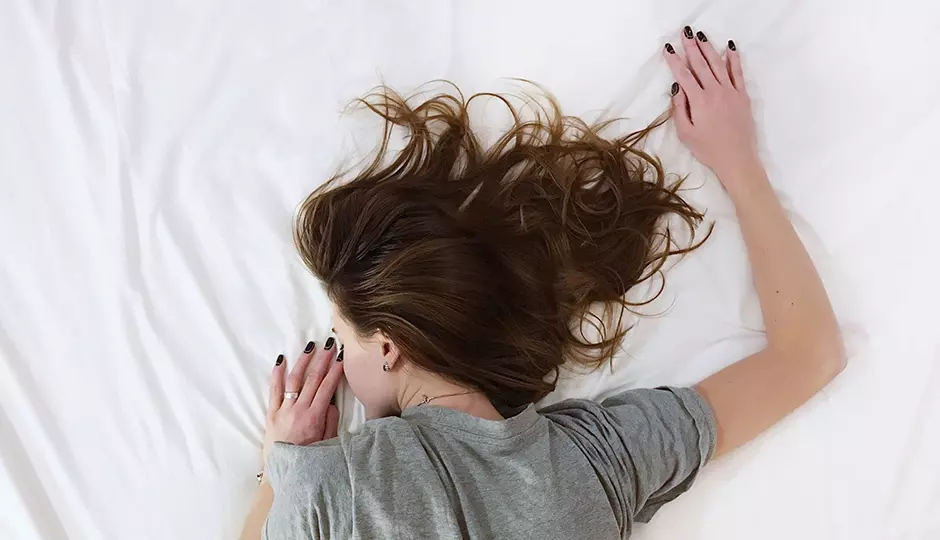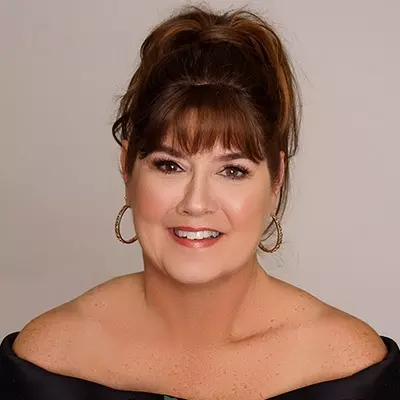Not getting enough rest, or an extended lack of restful sleep can have a variety of negative impacts on your physical health. Poor sleep habits are a common problem, with nearly 25 percent of U.S. adults reporting that they obtain insufficient sleep at least 15 nights a month, and 11 percent reporting inadequate sleep every night. A lack of sleep can increase stress levels, reduce the body's capacity for normal cellular functioning, and create conditions that may cause or contribute to thinning hair and hair loss in men and women.
Impact of Lack of Sleep on the Body
Sleep deprivation occurs for many reasons. Demanding work schedules, 24/7 lifestyles, some medical conditions, their treatments, and a lack of education about the impact of sleep loss can all cause an individual not to receive adequate sleep.
Sleep plays an essential role in the overall health and wellness of your body. Proper sleep is critical for healthy brain function, emotional well-being, overall physical health, daily performance, and biological functions. During sleep cycles, our body works to support brain function and the maintenance and upkeep of physical health.
Research suggests that the lack of sleep can interfere with several normal body functions and can even trigger inherited traits. Insufficient amounts of sleep or the lack of restful sleep has a significant impact on the body and can directly or indirectly contribute to thinning hair and hair loss.
How Lack of Sleep Effects Hair Loss
Sleep is essential for protein synthesis in your hair and the proper release of growth and other hormones. Sleep studies have found that during restful sleep, the body creates and releases chemicals and compounds that help regulate your sleep and wake cycles, repair and replace damaged cells, and contribute to hair growth.
Lack of sleep also produces high-stress levels, which have been shown to contribute to thinning hair and hair loss. Research has found that high levels of stress force large numbers of hair follicles into a resting phase. Studies have also found that stress increases scalp tension, and there is a correlation between scalp tension and androgenic alopecia.
The body goes through numerous cycles during sleep, promoting the cell activity needed to generate cells for hair growth. High levels of stress cause the release of hormones, neurotransmitters, and cytokines that can significantly reduce hair growth. The stress response to lack of sleep can damage the skin and scalp, directly impacting the hair follicle's ability to function correctly.
While the connection between adequate sleep and the growth of hair is not fully understood, evidence suggests that the lack of sleep significantly impacts hair follicles and the hair growth cycle. Studies show that disruptions to an organism's sleep cycle can interrupt the hair follicle's normal biologic function and its ability to produce healthy hair.
There are many reasons why you may not receive adequate sleep, but the importance of sleep in maintaining your health cannot be overemphasized. Sufficient sleep is integral to every function of our body, and the lack of sleep plays a crucial role in thinning hair and hair loss.
The lack of proper sleep can be addressed to help promote better rest. If you are suffering from a lack of sleep, you need to address the cause and promote better sleep to protect your health.
We are the Leaders in Hair Restoration
Lack of sleep is one of the many issues that can affect hair growth and lead to thinning hair and hair loss. Often there is more than one factor that is causing changes in hair growth. At Mane Image, our highly trained and professional staff are experts at helping you with your hair loss and identifying contributing factors. We understand the role hair plays in your life and create a custom treatment plan that can help with your hair loss and even promote the growth of new hair. To learn more about the causes of hair loss and the proven treatment options we have available for men and women, contact us today for a FREE confidential consultation.












